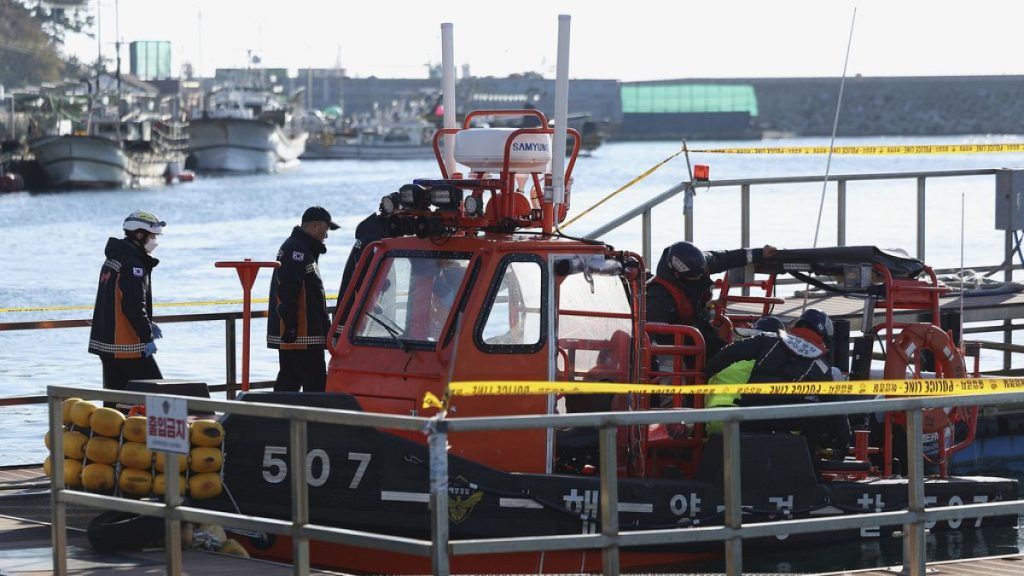The tranquil waters of the Mediterranean, a vital source of livelihood for generations of Spanish fishermen, are now the stage for a tempestuous battle against proposed fishing restrictions by the European Union. Thousands of fishermen across Spain have launched a strike, their vessels lying idle in harbors, as they vehemently protest the EU’s plan to drastically reduce fishing days in the Mediterranean. The proposed cuts, aimed at replenishing dwindling fish stocks and safeguarding marine biodiversity, threaten to decimate the Spanish fishing industry, jeopardizing the economic well-being of coastal communities and casting a shadow of uncertainty over the future of thousands of families who depend on fishing for their survival.
The heart of the dispute lies in the proposed reduction of fishing days for trawlers, a method of fishing that involves dragging a large net through the water. Currently, trawlers are permitted to fish for 130 days per year. The EU proposal seeks to slash this number to a mere 27 days, a staggering 79% reduction. This drastic measure has ignited a firestorm of protest among Spanish fishermen, who view the cuts as an existential threat to their way of life. They argue that such a dramatic reduction in fishing days will render their operations economically unviable, forcing many to abandon their vessels and seek alternative forms of employment, a daunting prospect in regions where fishing has been the dominant industry for centuries.
Adding fuel to the fire is the fishermen’s contention that the EU’s proposal is based on flawed scientific data and fails to adequately consider the socio-economic impact of the cuts. They maintain that the current fishing quotas are already sustainable and that further reductions will not significantly benefit fish populations while inflicting irreparable damage on the fishing industry. The fishermen accuse the EU of prioritizing abstract environmental goals over the concrete needs of the people whose livelihoods are directly affected by these decisions. This sentiment of being overlooked and disregarded by distant bureaucrats has further fueled the anger and frustration palpable in the fishing communities.
The Spanish fishermen’s unions have vowed to continue their strike until their voices are heard and their concerns addressed. They have called for a dialogue with the EU authorities, urging them to reconsider the proposed cuts and engage in a more collaborative approach to fisheries management. The unions argue that a sustainable fishing policy should be based on sound scientific evidence, economic realities, and the active participation of the fishing communities themselves. They advocate for a more balanced approach that protects both the marine environment and the livelihoods of those who depend on it.
The Spanish government, recognizing the gravity of the situation and the potential economic fallout, has joined the chorus of dissent against the EU’s proposal. Along with France and Italy, Spain has voiced its strong opposition to the cuts, urging the EU to seek alternative solutions that do not impose such a heavy burden on the fishing industry. The Spanish government has pledged to defend the interests of its fishermen and ensure that their voices are heard in the ongoing negotiations with the EU. This show of support has provided a glimmer of hope for the embattled fishermen, but the outcome of the negotiations remains uncertain.
The proposed fishing cuts have exposed a deep rift between the EU’s environmental ambitions and the economic realities of the fishing industry. While the EU’s commitment to protecting marine biodiversity is commendable, the fishermen argue that the proposed measures are too drastic and will inflict disproportionate harm on their communities. The ongoing standoff underscores the need for a more nuanced and inclusive approach to fisheries management, one that balances the needs of the environment with the livelihoods of those who depend on the sea for their survival. The future of the Spanish fishing industry, and indeed the fate of countless families, hangs in the balance, awaiting the outcome of this critical debate.










